Known for department
Acting
Biography
From Wikipedia, the free encyclopedia William C. ("Billy") McClain (12 October 1866 – 19 January 1950) was an African-American acrobat, comedian and actor who starred in minstrel shows before World War I. He wrote, produced and directed several major stage and outdoor extravaganzas, and wrote a number of popular songs. He was influential in extending the range of minstrel shows far beyond the traditional conventions of the time, giving them appeal to much wider audiences. He toured in the USA, Canada, Australia and Europe. Later he promoted boxing and played several minor roles in movies. In 1931 McClain moved to Los Angeles and obtained a position with the Pasadena police department as a physical trainer. In August 1931 he appeared on stage for the first time in 21 years in a benefit performance, playing the two leading roles from Uncle Tom - Uncle Tom himself and the slave owner Simon Legree. While working for the police department he acted in several films. These included Nagana (1933), starring Melvyn Douglas, the short Rhapsody in Black, where he sang four "southern melodies", and Dimples, starring Shirley Temple. Between 1933 and 1946 McClain appeared in many other film roles, although often these were minor parts and he was not credited. He played a servant, butler, footman, cook and janitor. His last role was as "Uncle Ben" in Vincente Minnelli's suspense drama Undercurrent (1946). His name was misspelled in the end credits as "McLain." Billy McClain died on 19 January 1950 when the trailer he was sleeping in caught fire. McClain was one of the pioneers in introducing "vaudevillized minstrelsy", which opened a wider range of styles on the eve of the ragtime era. Despite his great ability, he was handicapped by prejudice against African Americans. Thus he was reportedly arrested in Kansas City in 1902 for the offense of "having too much jewelry for a colored man." He may have failed to change from his stage clothes to street clothes before leaving the theater. During his lifetime he neither claimed nor received full recognition for his achievements.

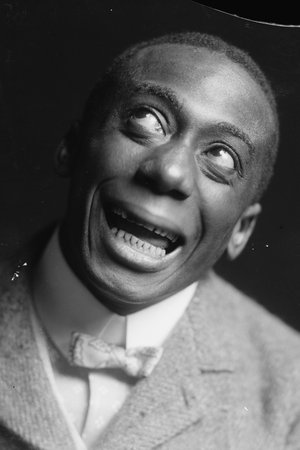
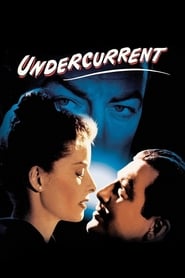
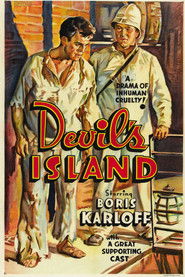
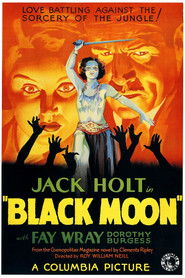
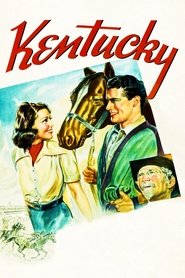

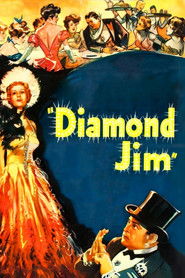
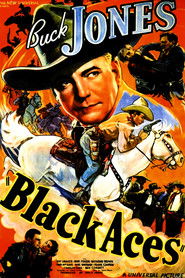
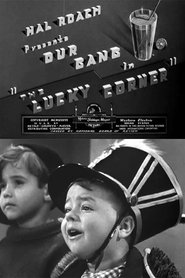
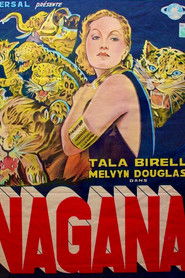
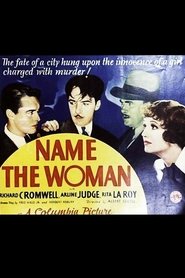
 Loading More
Loading More